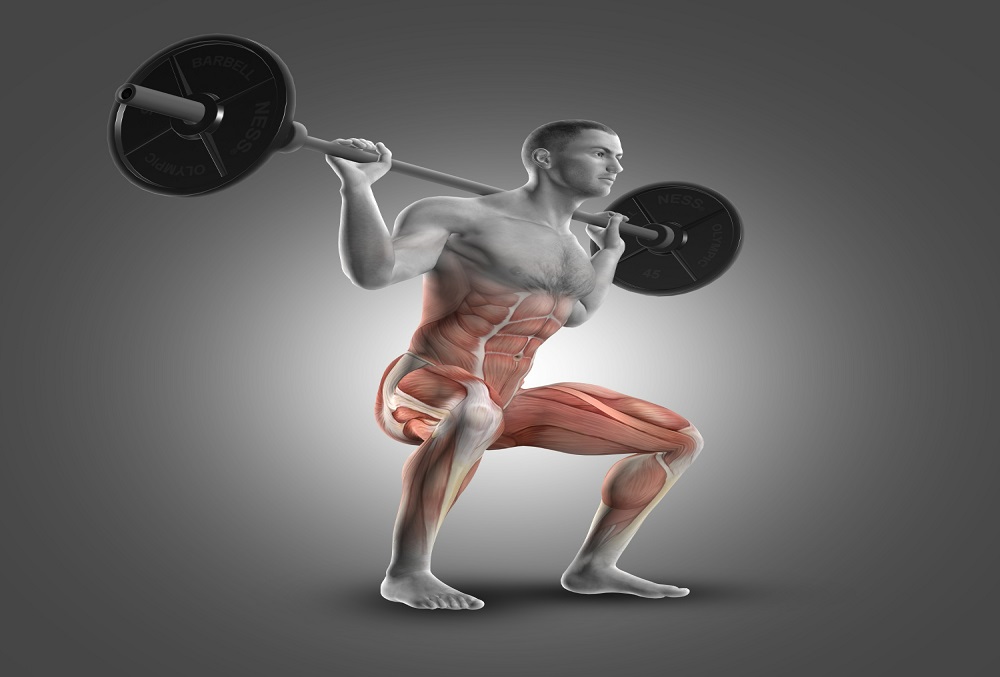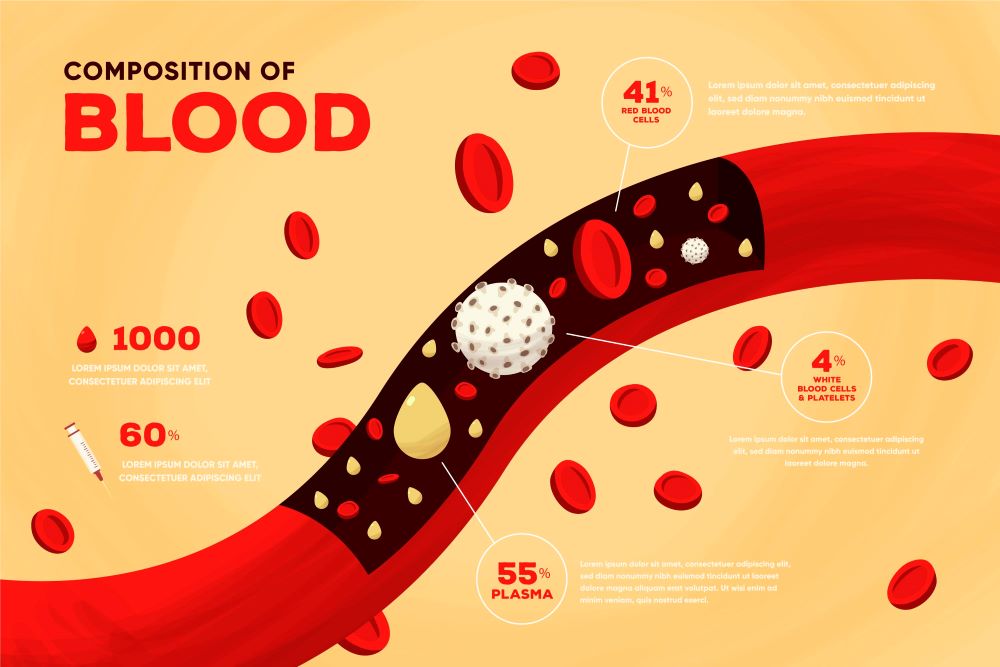Contents
The art of showering post-workout holds immense benefits, rejuvenating the body and fortifying those hard-earned muscles. But here’s the conundrum – should you indulge in the invigorating embrace of a cold shower, or surrender to the soothing allure of a hot one? Fear not, for both paths lead to wellness, yet the choice lies in understanding which water temperature best suits your post-exercise needs. The ‘Cold Or Hot Shower After Workout‘ debate centers on individual preferences and specific goals.
Picture this: after a rigorous workout, you’re drenched in sweat, your body a furnace of heat. In such moments, the icy caress of a cold shower beckons, like a revitalizing elixir for your weary form. As the cool water cascades, it descends like a cascade of refreshing dew, calming the flames of exertion and gently coaxing your body’s temperature back to a tranquil state. Yet, be mindful, for the cool embrace slows the dance of blood within, tightening those hard-worked muscles as they bask in the coolness.
Conversely, envision the afterglow of your exercise, as your body revels in newfound warmth. A hot shower then becomes the indulgence of choice, akin to an embrace from a toasty hearth on a chilly eve. The warmth penetrates deep, coaxing your muscles into a state of relaxation, and as the blood circulates with renewed fervor, it sparks the flames of personal development within.
The solution lies in understanding your own body’s needs. Cold showers for the fiery moments, to temper the heat and invigorate; hot showers for the moments of triumph, to soothe and nurture. Whichever path you choose, the rewards of post-workout showering are yours to savor. Embrace the chill or bask in the warmth – the choice is yours to make, for both are portals to a revitalized and rejuvenated you.
The Necessity Of Taking a Cold And Hot Shower After Workout
After an intense workout, whether it be at the gym, on the track, or in a Zumba Dance class, many individuals face the common dilemma of whether to take a cold or hot shower. Both options offer unique benefits and play crucial roles in aiding post-exercise recovery. Deciding between the two often depends on personal preference and the specific goals one wants to achieve after their workout.
Taking a cold shower after exercise is favored by athletes and fitness enthusiasts for several reasons. Cold showers help to reduce body temperature, which can be especially beneficial after a high-intensity workout that generates a significant amount of heat. The cold water aids in constricting blood vessels, reducing inflammation, and minimizing muscle soreness.
Additionally, the rapid change in temperature causes the body to work harder to maintain its core temperature, leading to an increase in circulation and improved blood flow to the muscles, promoting faster recovery. Cold showers can also help invigorate the mind, providing a refreshing feeling and a sense of alertness post-workout.
On the other hand, some individuals prefer to indulge in a hot shower after exercise. The heat helps to relax muscles, alleviating tension and promoting a sense of calmness and well-being. Hot showers can also aid in flushing out toxins from the body through sweat, cleansing the skin, and opening up the pores. The warmth of the water can be particularly comforting, especially on a chilly day or after a strenuous workout that leaves the body feeling fatigued and stiff.
Ultimately, the decision between a cold or hot shower after a workout largely depends on personal preference, the specific needs of the individual, and the nature of the exercise undertaken. Some people may even opt for a combination of both by starting with a cold shower to reduce inflammation and then ending with a hot shower to relax the muscles.
The key is to listen to your body and choose the option that leaves you feeling refreshed, rejuvenated, and ready to take on the day. Regardless of the choice, incorporating a post-workout shower into one’s routine is essential for promoting overall health, cleanliness, and a sense of well-being after physical activity.
Benefits Of Cold Or Hot Showers After a Workout
1. Strengthen Muscles

Taking a cold or hot shower after a workout can provide benefits that indirectly contribute to strengthening muscles. Let’s explore how each type of shower can aid in muscle strength:
- Cold Shower: Cold showers can help reduce inflammation and muscle soreness. When you exercise, your muscles undergo stress and micro-tears, which is a natural part of the muscle-building process. However, this can lead to soreness and discomfort. Cold water therapy can constrict blood vessels, which helps reduce swelling and inflammation in the muscles.
- Hot Shower: Taking a hot shower after a workout can help muscles relax and release tension. When your muscles are tense, they may not function optimally during your exercise routine. The heat from a hot shower can help soothe tight muscles, reducing stiffness and enhancing flexibility.
It’s important to note that while cold and hot showers can complement your post-workout routine, they are not direct muscle-strengthening exercises. Muscle strength primarily comes from the progressive overload of resistance training and providing your muscles with adequate rest and recovery.
Cold and hot showers, by aiding in recovery and muscle health, can indirectly support your muscle-strengthening efforts by ensuring your muscles are ready for subsequent workouts and minimizing the risk of injury. They will help to improve physical fitness.
Remember, to achieve significant muscle strength gains, it’s crucial to follow a well-balanced workout routine, focus on proper nutrition, and allow your muscles sufficient time to recover between training sessions. Cold and hot showers can be valuable tools in your overall fitness regimen, but they should be used in conjunction with other fitness practices for the best results.
2. Improves Circulation Of Blood

Taking a cold or hot shower after a workout can indeed improve the circulation of blood in your body, albeit through different mechanisms. Let’s explore how each type of shower can positively impact blood circulation:
- Cold Shower: Cold showers cause vasoconstriction, which is the narrowing of blood vessels in response to cold temperatures. When you expose your body to cold water, your blood vessels constrict to conserve heat and maintain your core temperature. This process, known as vasoconstriction, leads to increased blood flow to vital organs, helping to keep them warm and functioning optimally. After the cold shower, when you step out into a warmer environment, your blood vessels dilate a process called vasodilation.
- Hot Shower: A hot shower, on the other hand, induces vasodilation directly. When you expose your body to warm water, your blood vessels dilate, allowing for increased blood flow to the skin’s surface. The heat also causes the blood vessels in your muscles to expand, improving blood circulation to those areas.
Both cold and hot showers have unique benefits for blood circulation. Cold showers improve circulation by alternating between vasoconstriction and vasodilation, while hot showers primarily induce vasodilation to enhance blood flow.
Regularly incorporating cold or hot showers into your post-workout routine can contribute to better blood circulation, ultimately supporting your overall cardiovascular health and aiding in muscle recovery and performance. Remember that personal preferences and individual responses to temperature may vary, so choose the shower type that feels most comfortable and beneficial for you.
3. Boosts Immunity System

Both cold and hot showers after a workout can provide benefits that contribute to boosting the immune system. Let’s explore how each type of shower can positively impact immunity:
- Cold Shower: Cold showers can activate the body’s natural defense mechanisms and improve immunity. Exposure to cold water stimulates the sympathetic nervous system, leading to an increase in the production of norepinephrine, a hormone and neurotransmitter. Norepinephrine has been found to enhance the activity of immune cells, such as T-cells and natural killer cells, which play a crucial role in defending the body against infections and pathogens.
- Hot Shower: Hot showers can also have immune-boosting effects. The warm water helps to relax the body and reduce stress. Chronic stress can weaken the immune system, making the body more susceptible to illnesses. By promoting relaxation, hot showers indirectly support the immune system’s function.
While both cold and hot showers can have positive effects on the immune system, it’s important to note that they are not a standalone solution for preventing illnesses. A robust immune system is also dependent on various other factors, such as a balanced diet, regular exercise, adequate sleep, and proper hygiene.
Incorporating cold or hot showers into your post-workout routine can be a helpful addition to support your overall health and immune function. However, individual responses to temperature and preferences may vary, so choose the shower type that feels comfortable and refreshing for you. Additionally, consult with a healthcare professional if you have any underlying health conditions or concerns about the impact of cold or hot showers on your immune system.
What Happens If You Don’t Take a Cold Or Hot Shower After Workout
If you don’t take a cold or hot shower after a workout, several things may happen, impacting your body and overall post-exercise recovery. Here are some potential consequences of skipping a post-workout shower:
- Accumulation of Sweat and Bacteria: When you exercise, your body produces sweat to cool down. If you don’t shower after your workout, sweat can linger on your skin, creating a damp environment that fosters the growth of bacteria. This can lead to body odor and increase the risk of skin infections.
- Prolonged Muscle Soreness: A post-workout shower can help reduce muscle soreness by washing away lactic acid and other waste products that accumulate during exercise. Without a shower, these by-products can linger in your muscles, potentially prolonging muscle soreness and delaying recovery.
- Skin Irritations: The combination of sweat, heat, and friction from exercise can irritate the skin, especially in areas where clothing or equipment rub against the body. Showering after a workout can help cleanse and soothe the skin, reducing the likelihood of rashes and irritation.
- Reduced Blood Circulation: Both cold and hot showers have positive effects on blood circulation. If you skip the shower, you miss out on the potential benefits of improved circulation, which aids in delivering oxygen and nutrients to your muscles and promoting overall cardiovascular health.
- Increased Risk of Infections: Not showering after a workout can lead to the accumulation of bacteria on the skin and in sweat-soaked workout clothes. This can increase the risk of skin infections, such as folliculitis (inflamed hair follicles) or staph infections.
- Uncomfortable Sensation: Skipping a post-workout shower can leave you feeling sticky and uncomfortable due to sweat and dirt on your skin. This can be particularly inconvenient if you need to resume daily activities without feeling refreshed and clean.
While there may be circumstances that prevent you from taking an immediate post-workout shower, it’s essential to prioritize personal hygiene and post-exercise recovery. If you cannot shower immediately, consider using wet wipes or a damp towel to wipe down your body and change into clean, dry clothes. However, as soon as possible, take a shower to cleanse your skin, promote recovery, and maintain overall hygiene for your well-being.
Is It Good To Take a Hot Shower After a Workout?
Muscle tightness and soreness are decreased by a rise in blood flow. Warm water and steam can provide tensed muscles with calming relief after an intense workout. A warm shower helps remove all the dirt lodged in the pores because heat is known to open pores.
Are Cold Showers Good After a Workout?
The faster you lower your body temperature after exercise, the better you’ll recover, says Casa. “Jumping in a cold shower right away is a great idea.”
Is a Cold Or Hot Shower Better For Sore Muscles?
Cold showers can help with blood circulation, lowering stress levels, reducing muscle soreness and fatigue, and reducing inflammation and pain. Meanwhile, taking hot showers can enhance cardiovascular health, ease achy joints, and enhance slumber.
